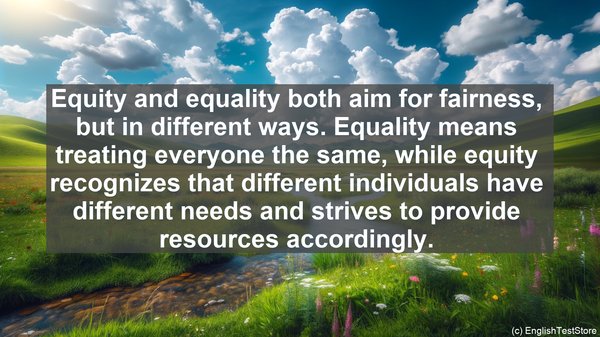Introduction
Welcome to today’s lesson on public health ethics. In this lesson, we’ll be addressing a common issue – the confusion surrounding certain words in this field. Let’s dive in!
1. Morality vs. Ethics
Often used interchangeably, morality and ethics have distinct meanings. Morality refers to personal beliefs about right and wrong, while ethics is a broader framework that considers societal norms and values. In public health, ethical decisions are made by considering the greater good.
2. Confidentiality vs. Privacy
While both relate to the protection of information, confidentiality is the duty to keep specific details private, especially in a professional setting. Privacy, on the other hand, refers to an individual’s control over their personal information.

3. Utilitarianism vs. Deontology
These are two prominent ethical theories. Utilitarianism focuses on maximizing overall happiness, often involving trade-offs. Deontology, however, emphasizes adhering to moral rules and duties, regardless of the consequences.
4. Equity vs. Equality
Equity and equality both aim for fairness, but in different ways. Equality means treating everyone the same, while equity recognizes that different individuals have different needs and strives to provide resources accordingly.
5. Efficacy vs. Effectiveness
In public health interventions, efficacy refers to how well a strategy works under ideal conditions, such as in a controlled trial. Effectiveness, on the other hand, considers real-world implementation and impact.
6. Paternalism vs. Autonomy
Paternalism involves making decisions for others, often with the intention of protecting them. Autonomy, on the contrary, respects an individual’s right to make their own choices, even if they may not align with what others perceive as best.
7. Risk vs. Uncertainty
While both involve unknown outcomes, risk refers to situations where the probabilities can be estimated, allowing for informed decision-making. Uncertainty, however, arises when the probabilities or potential outcomes are unclear.
8. Informed Consent vs. Assent
Informed consent is the process of ensuring individuals have a comprehensive understanding of a situation before making a decision. Assent, often used in the context of children or individuals with limited capacity, refers to their agreement, even if full comprehension is not possible.

9. Public Health vs. Medicine
While both aim to improve health, public health takes a population-level approach, focusing on prevention and health promotion. Medicine, on the other hand, is more concerned with individual diagnosis, treatment, and care.
10. Normative vs. Empirical
Normative statements express value judgments, stating how things should be. Empirical statements, on the contrary, are based on observations and evidence, describing how things are.
